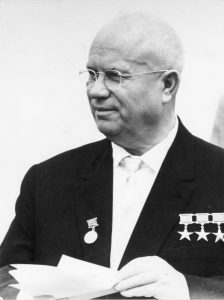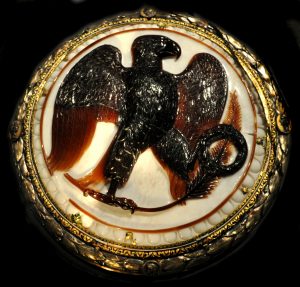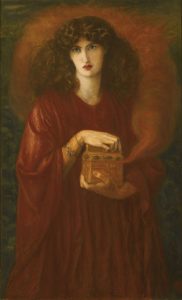
The Art of Flower Gardening – Few Tips from 1889
“A beautiful garden, tastefully laid out, and well kept, is a certain evidence of taste, refinement and culture. It makes a lowly cottage attractive, and lends a charm to the stateliest palace,” wrote Sophia Orne Johnson in 1889, in her manual about flower gardening for the ladies. Here are her tips for mastering this skill and building a good image in the society…
Read More
How did Nikita Khruschev Maintain His Control Behind the Iron Curtain?
Nikita Khruschev held a meeting on November 4, 1956, with CPSU party activists. He considered it very important to brief his comrades about the situation. Therefore, describing thoroughly all the events that happened recently was a natural solution.
Read More
Personality Cult Behind Cameo Jewelry
How can a cameo help to build a personality cult? How can you use this specific form of engraving to send a message about your divine powers or extraordinary strength? These three Roman emperors knew. They used this rare form of luxury art to make their message have a special look and feel. Divine. If you want to say you’re divine, your “message” needs to look divine. And unique.
Read More
Pandora’s Box: How a Notorious Jar Became Divine?
Sickness, famine, war, death and other evils aren’t beautiful. That fact made the artist question the mystery of Pandora’s box.
Read More
Five Cold War Facts That Were Classified
Documents that were top secret reveal the facts unknown to the public until now.
Read More